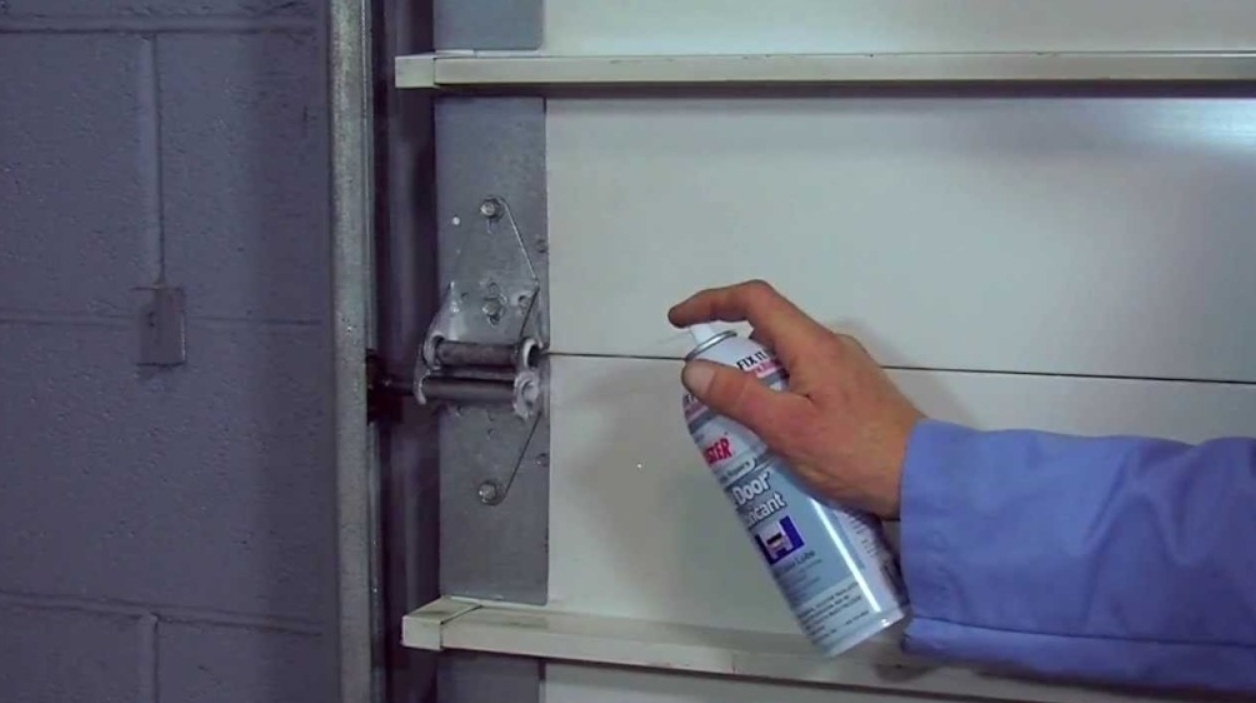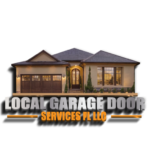Noisy Garage Door? Here’s What You Need to Know
- COMMERCIAL GARAGE DOOR REPAIR
- GARAGE DOOR OPENER INSTALLATION
- GARAGE DOOR SPRING REPAIR
- SAME-DAY GARAGE DOOR REPAIR
- CUSTOM GARAGE DOOR
- GARAGE DOOR OPENER REPAIR
- GARAGE DOOR TRACK REPAIR
- GARAGE DOOR CABLE REPAIR
- GARAGE DOOR PANEL REPAIR
- LOCAL GARAGE DOOR REPAIR
- GARAGE DOOR REPLACEMENT
- NOISY GARAGE DOOR FIX
- GATE REPAIR
- GARAGE DOOR INSTALLATION
- GARAGE DOOR SECTION REPLACEMENT
- OVERHEAD GARAGE DOOR REPAIR

Noisy Garage Door? Here's What You Need to Know
A noisy garage door can be more than just an annoyance. It might be early signs of wear and tear or a simple maintenance task that’s been overlooked. For homeowners, addressing the noise is not just about peace and quiet; it’s about ensuring the longevity and performance of your garage door system.
This guide will help you identify the source of the noise, walk you through simple DIY fixes, and explain when it’s time to bring in a professional.
Identifying the Source of the Noise
A noisy garage door is often caused by common issues that are easy to diagnose. Here are three major culprits:
Loose Hardware
Garage doors go through a lot of motion. Over time, all that movement can cause bolts, screws, and other hardware to loosen. Loose components can rattle while the door moves, resulting in an unpleasant clanging or squeaking sound.
Lack of Lubrication
Without proper lubrication, the metal components of your garage door may grind against each other. This can lead to a screeching or grinding noise, especially in moving parts like hinges, springs, and rollers.
Worn Rollers
The rollers help your garage door glide smoothly along its tracks. When they wear out or become damaged, the door may become noisy during operation. Metal rollers, in particular, can be a common noise culprit if they’ve lost their surface smoothness.
Simple DIY Fixes
Once you’ve identified the root cause of your noisy garage door, you can try these simple and effective DIY fixes.
Tightening Bolts and Screws
Inspect your garage door system and tighten any loose bolts or screws you find. Pay close attention to the hinges, track brackets, and roller supports. A simple wrench or socket set is all you need to eliminate those rattling noises.
Lubricating Moving Parts
Use a high-quality silicone-based lubricant to coat the moving parts of your garage door. Focus on areas like the rollers, hinges, and springs. Avoid using grease, as it can collect dirt and debris that may worsen the problem over time.
Replacing Rollers
If the rollers are worn out, it’s time to replace them. Opt for nylon rollers instead of metal ones to minimize noise. Nylon rollers tend to be quieter and require less maintenance. Make sure to follow the manufacturer’s guide or consult a tutorial if you’re replacing them yourself.
When to Call a Professional
While most noisy garage door issues can be fixed at home, there are times when a professional’s help is necessary. If the noise persists after trying these fixes, or if you suspect problems with the garage door opener or torsion springs, it’s best to call an expert. Torsion springs, in particular, can be dangerous to handle without proper training.
Smoother and Quieter Garage Door Operation
Keeping your garage door quiet isn’t just about comfort; it’s about maintaining the overall health of the system. By addressing issues early, whether they’re as simple as loose bolts or as tricky as worn rollers, you can save yourself time and money in the long run.
And remember, not all problems require immediate help from a professional. Start with the DIY steps and decide from there. The next time your garage door makes noise, you’ll know exactly what to do. If you need expert assistance, Local Garage Door Services FL is here to help!
